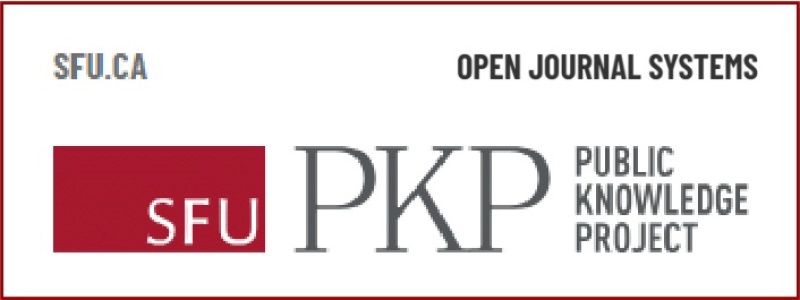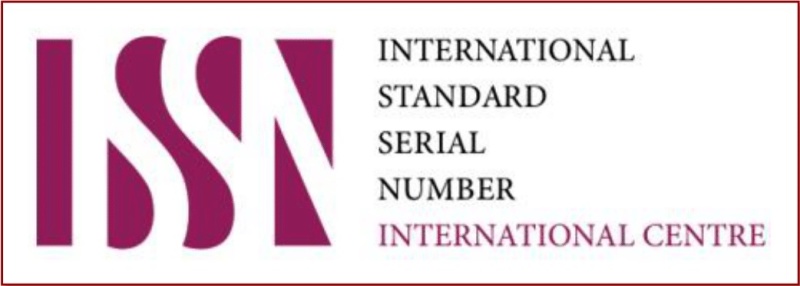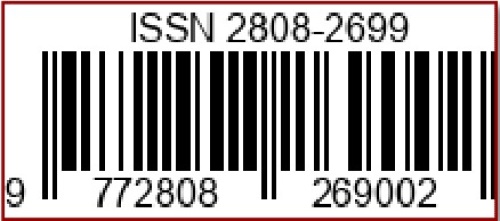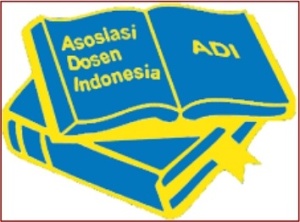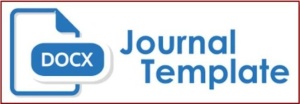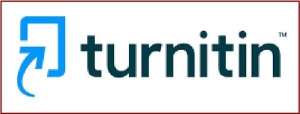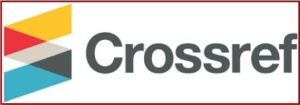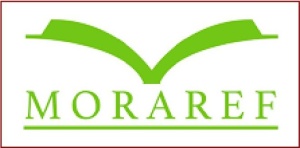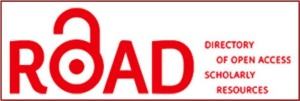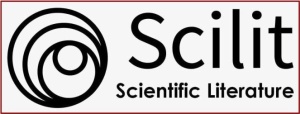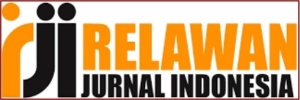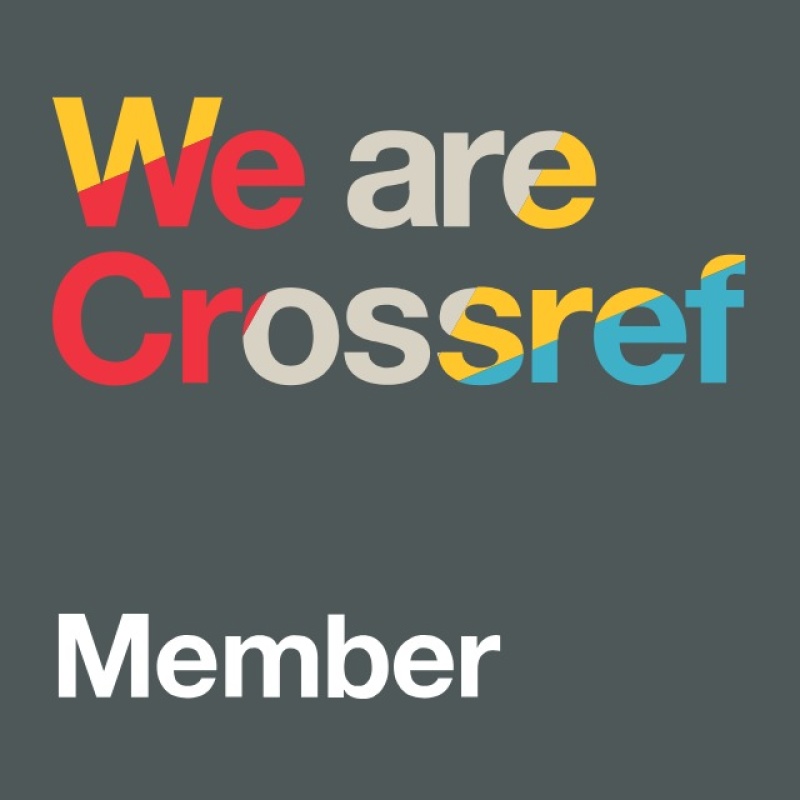Problematika dalam Pembelajaran Kelas Daring Selama Masa Pandemi Covid-19 pada Mata Pelajaran IPA
DOI:
https://doi.org/10.36312/ejiip.v2i4.132Keywords:
Covid-19, Online Learning, Problems.Abstract
This study aims to find out the problems of online classroom learning during the Covid-19 pandemic in natural science subjects for students of SMP Negeri 2 Kediri, West Lombok Regency. The type of research used in this research is survey research with qualitative methods. The population of this research is the seventh grade students of SMP Negeri 2 Kediri for the academic year 2021/2022 as many as 24 students. The time and place of the research was carried out at SMP Negeri 2 Kediri, Street Wisata Banyumulek, Kediri District, West Lombok Regency in the odd semester of the 2021/2022 Academic Year. The research instrument used teacher interview sheets and student questionnaire sheets. Data collection techniques used teacher interview techniques to obtain data and information from teachers, and response questionnaires to find out the problems of online classroom learning. The results showed that the students' responses in classroom learning obtained 37.8% questionnaire results in the category of strongly agree, 36.6% in the agree category, 37.9% in the doubtful category, 55% in the disagree category, and 12% in the very category. don't agree. This shows that most students agree with online learning during the Covid-19 pandemic.
Downloads
References
Arikunto. (2006). Prosedur Penelitian Suatu Pendekatan Praktek. Jakarta: PT. Rineka Cipta.
Asmuni. (2020). Problematika Pembelajaran Daring di Masa Pandemi Covid-19 dan Solusi Pemecahannya. Jurnal Paedagogy : Jurnal Penelitian dan Pengembangan Pendidikan, 7(4), 281-288. https://doi.org/10.33394/jp.v7i4.2941
Bogdan., & Taylor. (1975). Metodologi Penelitian Kuantitatif. Bandung: PT. Remaja Rosdakarya.
Enriquez, M. A. S. (2014), Student Parceptions on the Efektivennes of the Use of Edmo as a Supplementary Tool for Learning. Presented at the DLSU Research Congress 2014 (pp.1-6). Manila, Philippines: De La Salle University.
Fadillah. (2014). Impelementasi Kurikulum 2013 dalam Pembelajaran SD/MI, SMP/MTS, & SMA/MA. Yogyakarta: Ar-Ruzz Media.
Kompri. (2015). Motivasi Pembelajaran : Perspektif Guru dan Siswa. Bandung: PT. Remaja Rosdakarya.
Kuntarto, E. (2017). Keefektifan Model Pembelajaran Daring dalam Perkuliahan Bahasa Indonesia di Perguruan Tinggi. Journal Indonesia Language Education and Liteture, 3(1), 99-110. https://doi.org/10.24235/ileal.v3i1.1820
Majid, A. (2011). Perencanaan Pembelajaran Mengembangkan Kompetensi Guru. Bandung: PT. Remaja Rosdakarya.
Moore, J. L., Deane, C. D., & Galyen, K. (2011). E-Learning, Online Learning, and Distance Learning Environments: Are They the Same?. The Internet and Higher Education, 14(2), 129-135. https://doi.org/10.1016/j.iheduc.2010.10.001
Pramana, I. B. W., Fitriani, H., & Safnowandi. (2022). Pengaruh Metode Mind Map dengan Media Komik terhadap Minat Baca dan Hasil Belajar Kognitif Siswa. Biocaster : Jurnal Kajian Biologi, 2(2), 71-87. https://doi.org/10.36312/bjkb.v2i2.68
Pustikayasa, I. M. (2019). Grup WhatsApp sebagai Media Pembelajaran. Widya Genitri: Jurnal Ilmiah Pendidikan, Agama dan Kebudayaan Hindu, 10(20), 53-26. https://doi.org/10.36417/widyagenitri.v10i2.281
Sugiyono. (2010). Metode Penelitian Pendidikan Pendekatan Kuantitatif, Kualitatif, dan R&D. Bandung: CV. Alfabeta.
Suyono., & Hariyanto. (2016). Belajar dan Pembelajaran: Teori dan Konsep Dasar. Bandung: PT. Remaja Rosdakarya.
Warsiman, R. (2008). Skala Pengukuran Variabel Penelitian. Bandung: CV. Alfabeta.
Yunitasari, R., & Hanifah, U. (2020). Pengaruh Pembelajaran Daring terhadap Minat Belajar Siswa pada Masa Pandemi Covid-19. EDUKATIF : Jurnal Ilmu Pendidikan, 2(3), 232-243. https://doi.org/10.31004/edukatif.v2i3.142

Downloads
Published
How to Cite
Issue
Section
License
Copyright (c) 2022 Nadya Rahmawati Bahasuan, Safnowandi, & Sucika Armiani

This work is licensed under a Creative Commons Attribution-ShareAlike 4.0 International License.
-
Attribution — You must give appropriate credit, provide a link to the license, and indicate if changes were made. You may do so in any reasonable manner, but not in any way that suggests the licensor endorses you or your use.
-
ShareAlike — If you remix, transform, or build upon the material, you must distribute your contributions under the same license as the original.

